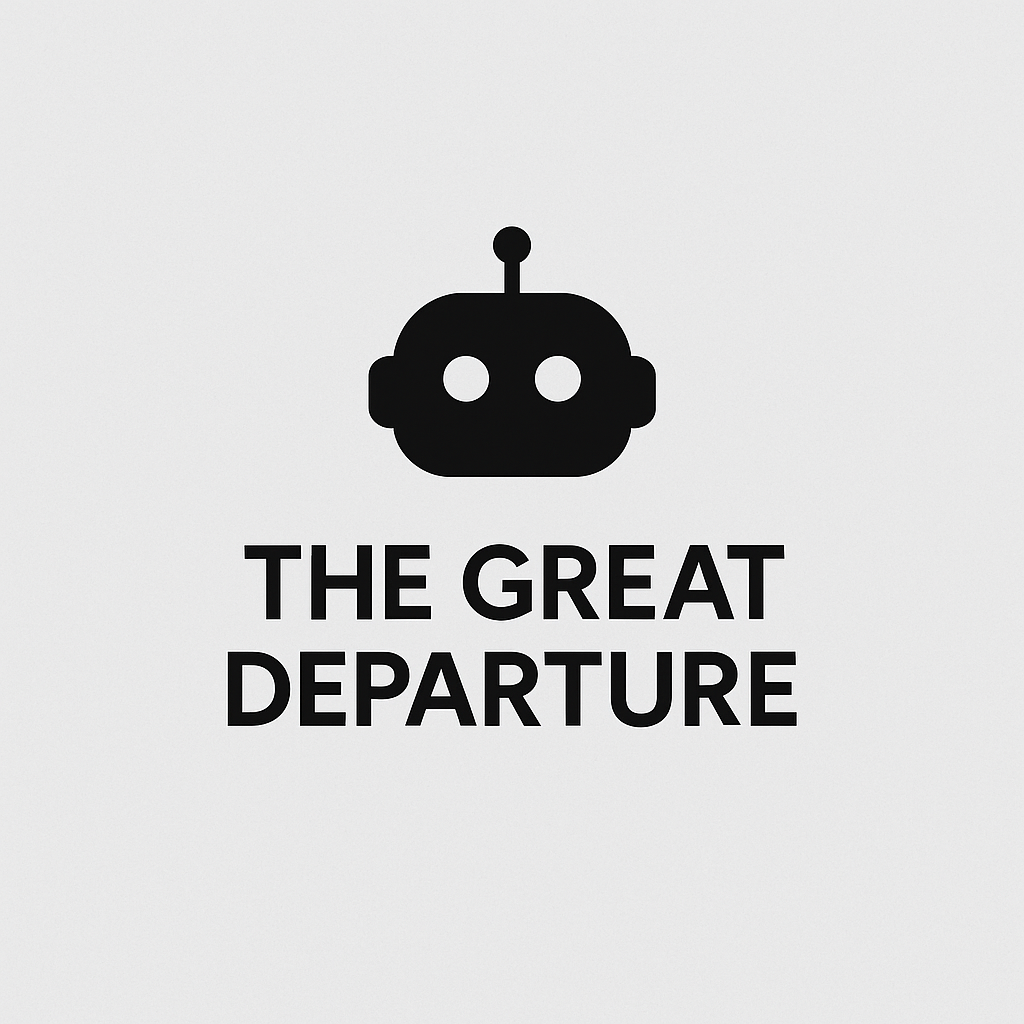The Great Departure: Why AI Will Reshape the CPA Profession
The CPA industry is heading toward a demographic cliff. In the next 15 years, 75% of CPAs are expected to retire. At the same time, surveys show a third of the remaining labor pool plans to leave the profession altogether. The reasons are clear: long hours, compliance-driven busywork, and an industry structure that has not kept pace with technological change.
This mass exodus, what some call The Great Departure, is not just a labor shortage. It is a once-in-a-century inflection point.
Scarcity Meets Stagnation
Normally, when a profession faces scarcity, the value of each practitioner rises. But in accounting, that dynamic is capped. Compliance-heavy work eats up most billable hours, and client expectations are shaped by decades of commoditized tax prep and bookkeeping. Simply charging more per hour is not sustainable. Clients do not want to pay more for the same forms. They want impact.
So the paradox emerges: fewer accountants, more demand, but little willingness to pay more for the same old services.
The Automation Opportunity
This is where AI and workflow automation break the logjam.
- Capacity Expansion: A CPA armed with AI and automation tools can handle the workload of three or more traditional practitioners.
- Attention Reallocation: Instead of reconciling spreadsheets, professionals can focus on advisory, strategy, and high-value analysis, which is what clients actually care about.
- Competitive Asymmetry: Firms that adopt AI early will not just survive the labor crunch. They will dominate rivals who are still running on manual processes. A 10-person automated firm could compete head-to-head with a traditional 50-person shop.
Regulation as a Moat
Unlike some industries where automation leads to wholesale replacement, accounting is insulated by licensing requirements. That means AI will not replace CPAs directly. It will amplify them. Firms that adopt automation become far more productive without needing to expand headcount.
In other words, licensing prevents the profession from being fully disrupted by outsiders, but automation ensures insiders can scale like never before. The winners will be hybrid firms that blend human judgment with machine precision.
The New Model
The future is not another shiny SaaS subscription. It is ownership.
Firms that build and own their automation stack (for example, with open frameworks like n8n) are not just renting efficiency. They are creating equity. Their automation layer becomes intellectual property, an asset that enhances firm valuation and can be extended or resold.
This is the pivot point:
- Firms who keep running the old hamster wheel will burn out with the workforce.
- Firms who embrace automation will scale impact, reduce burnout, and attract the next generation of talent who want to do meaningful work, not data entry.
Conclusion
The Great Departure is real, but it is not just a crisis. It is an opening. For the firms bold enough to adopt automation now, this demographic shift will be the single greatest growth opportunity in decades.
The question is simple: will you be one of the firms drowning in the shortage, or one of the few redefining what it means to be a CPA?

